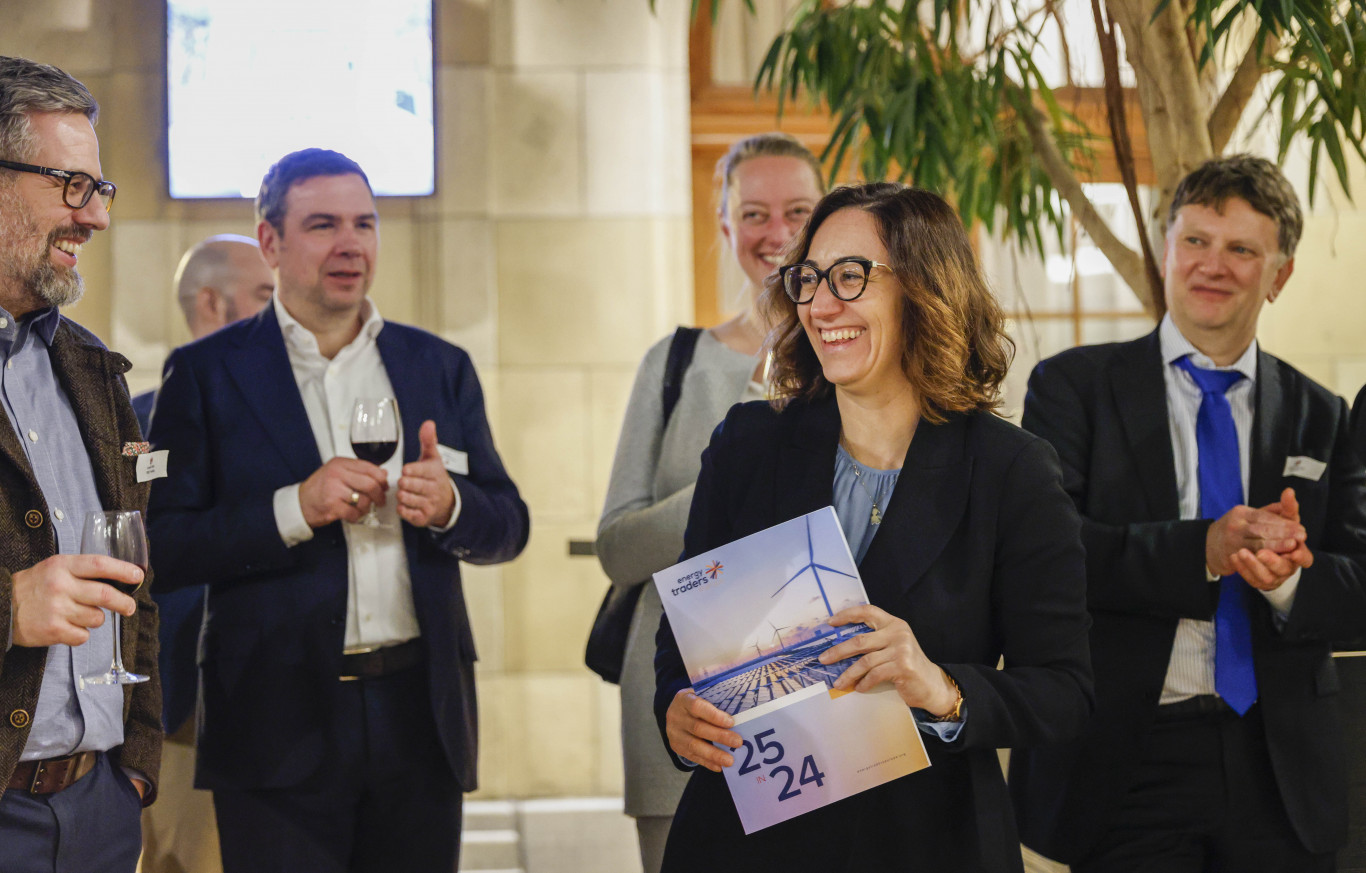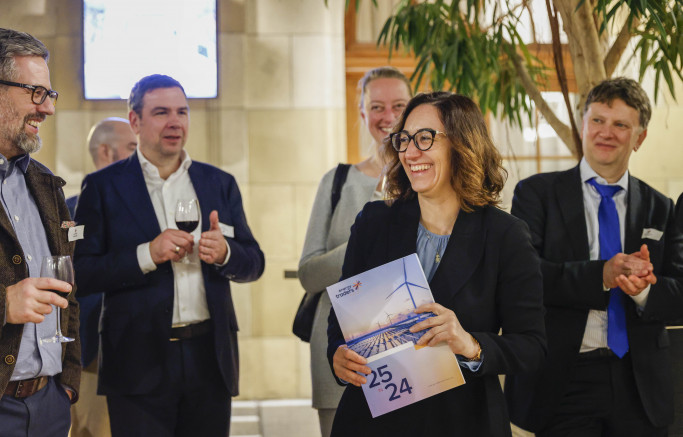The internal energy market is the foundation of European competitiveness
Expert Articles
The internal energy market is the foundation of European competitiveness


The internal energy market is the foundation of European competitiveness
It has been an honour to act as chair of Energy Traders Europe during this 25th anniversary year. 2024 was a significant year for us as an association, and I would particularly like to thank the authors of the 11 articles I’ve enjoyed reading each month, during what was also a big year for European energy markets.
However, as is perhaps always the case, 2025 is shaping up to be perhaps an even bigger year. I am therefore delighted and humbled that my colleagues recently reappointed me as Chair of the Energy Traders Europe Board for another year. Which leads me to wonder what next year might have in store for Europe’s energy markets?
Just a few months ago, my countryman, Mario Draghi, delivered a comprehensive assessment, and perhaps a necessary wake-up call, about the state of European competitiveness. Ensuring that Europe is an attractive destination for investment, that rules are necessary and proportionate, and that European industry is competitive is going to be a challenge which will dominate the in tray of the incoming Commission and be a key focus for the next five years.
Earlier in 2024 another Italian, Enrico Letta, published his “Much more than a Market” report. As someone who has spent much of their career working to develop a single energy market across Europe – and having seen the benefits that can deliver – this is a title that I’m very fond of. The report stresses what I think is the key point when thinking about energy markets and European competitiveness. It says: “The lack of integration in the financial, energy, and electronic communications sectors is a primary reason for Europe's declining competitiveness”.
I think that captures an important piece of low hanging fruit in the quest for greater competitiveness. While integrating markets is rarely easy, it is effective. And creating a deeper and broader European energy market should be a key priority for the new Commission.
If we can achieve this – and Energy Traders Europe will, as we always do, play our part – the benefits will be to competitiveness and to much more besides. To quote the first line of Professor Dr Klaus-Dieter Borchardt’s article: “An integrated EU energy market is the most cost-effective way to ensure secure, sustainable and affordable energy supplies to EU citizens”.
Perhaps the hardest thing in energy markets is balancing multiple priorities at the same time. And this sentence captures three other things which must remain a priority. Andris Piebalgs, himself a former Energy Commissioner, wrote in our February article that: “Robust European energy markets are crucial for the transition towards carbon neutrality and for bolstering resilience against external shocks. Enhancing these markets through effective regulation and improved infrastructure is essential. Their performance during the 'gas crisis' exemplifies their value, and it is crucial to bolster Europe's confidence in these systems.”
Andris’ point on the performance of the energy market during the crisis is absolutely correct, albeit perhaps not something which is widely recognised. The internal energy market, and the energy traders which operate in it, create an extremely effective and flexible early warning system for Europe. At a time when the terrible war in Ukraine has been ongoing for over 1,000 days, something we covered in October’s article, and when geopolitical tensions remain high in much of the world, security of supply is of utmost importance and this flexibility benefits all of us.
It is also important that we continue to decarbonise and do all we can to meet our challenging targets. This is another area where markets are crucial: The EU ETS prices provides a financial incentive to decarbonise, cross-border trading allows the variability in renewable energy production to be managed, long term contracts such as Power Purchase Agreements help manage risk and competitive pressure leads to lower amounts of support being paid. The more European we can be in this area, the more effective – and the more cost-effective – our decarbonisation will be.
As a former energy regulator, I was pleased that several of our articles this year focussed on the customer. Marine Cornelis wrote an extremely thought-provoking piece on Energy as a Human Right and in last month’s article Jaume Loffredo called for the legacy of the energy crisis to be better consumer protection. When markets work well, they send signals about how much or how little energy we have – and give strong incentives to react to those signals by using less or producing more. This can lead to very low, or increasingly negative, prices or very high prices. Those high prices can create significant problems for some customers, particularly vulnerable customers. In my view the challenge for policy makers lies in ensuring all customers can respond to the signal that prices send and then deciding which consumers need help in managing the impact of those prices. Better integration of retail markets and considering a common approach to defining vulnerable consumers would be beneficial steps in this direction.
The other article I would like to mention in this end of year article is Anna Gumbau-Martinez’s piece: “the Energy trading sector must do better to keep women on board”. When I joined the Board of Energy Traders Europe (then called EFET) the introduction was “gentleman and Giusi”. I am pleased to say that is no longer the case, but the energy sector has a very long way to go. I am proud that Energy Traders Europe has joined the Equality Platform for the Energy Sector and that we’re supporting youth foundations in Brussels and Poland. This needs to be a cross-sector priority for 2025 and beyond.
What is clear is that the next year is not going to be boring. I am looking forward to working with the incoming Commission, and with policy makers across the continent, to make our internal energy market even more effective so they can help European customers and European competitiveness. Before that I would like to thank our CEO, Mark Copley and the Secretariat team, thank our now 170 members and thank everyone who has attended our events or read our articles. Most importantly I’d like to wish you and your families Season’s Greetings. Buone feste e tanti auguri.
Giusi